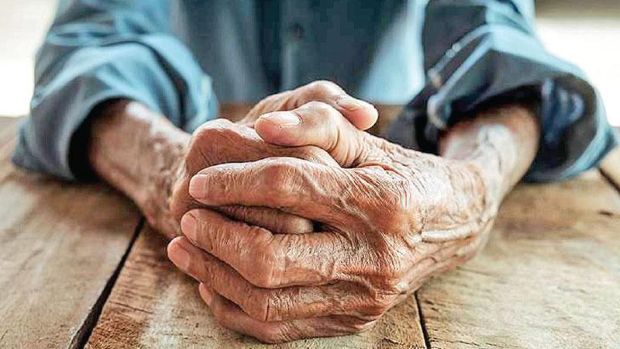Sri Lanka among fastest-ageing nations in Asia
COLOMBO – Sri Lanka has been identified as one of the countries in Asia with the fastest-growing elderly population, health authorities have warned, underscoring the urgent need for stronger health and social support systems for senior citizens.
According to Consultant Community Physician Dr Nishani Ubeysekara, Sri Lanka’s elderly population, those aged 60 years and above, has grown sharply over the past decade.
“In 2012, people over 60 accounted for about 12% of Sri Lanka’s total population. By 2024, that figure has risen to 18%,” Dr Ubeysekara said, addressing a media briefing organized by the Health Promotion Bureau. “We project that by 2040, one in every four Sri Lankans, or 25% of the population, will be elderly.”
Noting that Sri Lanka now records one of the highest rates of increase in its elderly population in the Asian region, she said the demographic shift was mainly due to a rise in life expectancy at birth and a steady decline in birth rates.
The country’s life expectancy has increased steadily over recent decades, reflecting improvements in healthcare, nutrition, and education. However, experts caution that this rapid ageing trend will place additional strain on the nation’s healthcare, welfare, and pension systems in the coming years.
Meanwhile, Consultant Geriatrician Dr Sithira Seneviratne of the National Hospital of Colombo highlighted the growing medical concern of falls among older adults, which are now recognized as a serious health condition linked to frailty.
“Statistics show that among people over 65 years, one in three experiences a fall within a year. For those over 80, about half suffer a fall annually,” Dr Seneviratne said.
She noted that falls are often treated as accidents rather than symptoms of an underlying health issue. “Often, treatment is given only for the injury, without investigating the cause. Falling is not simply a normal part of ageing, it’s a medical condition,” she emphasized.
Dr Seneviratne warned that falls among the elderly can result in severe injuries, long-term disability, or even death, and that early diagnosis and management of frailty could prevent many such incidents.
“By identifying frailty early and addressing it through medical and lifestyle interventions, we can significantly reduce complications and improve the quality of life for older adults,” she added.
Sri Lanka’s ageing population has been a growing policy concern, with experts urging the development of comprehensive elderly care services, including community-based health programs, accessible geriatric care, and social protection measures to support independent and dignified ageing.
-ENCL



Comments are closed, but trackbacks and pingbacks are open.